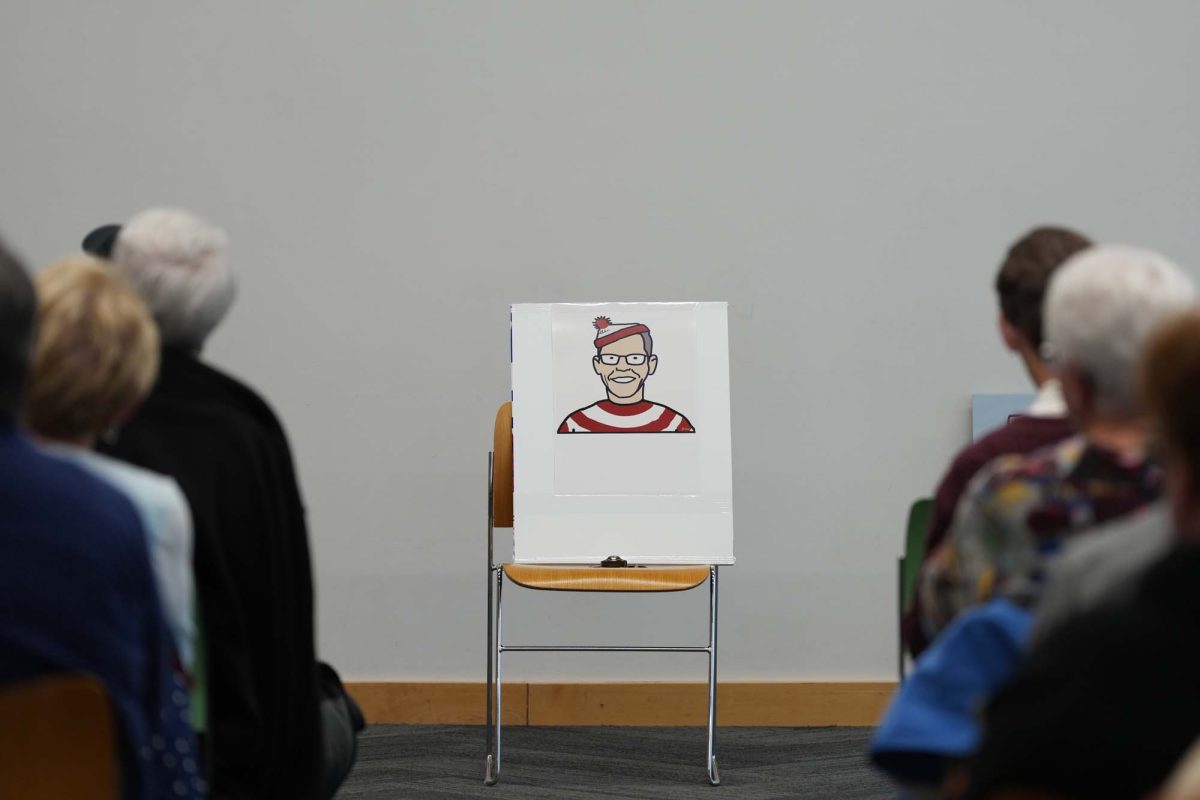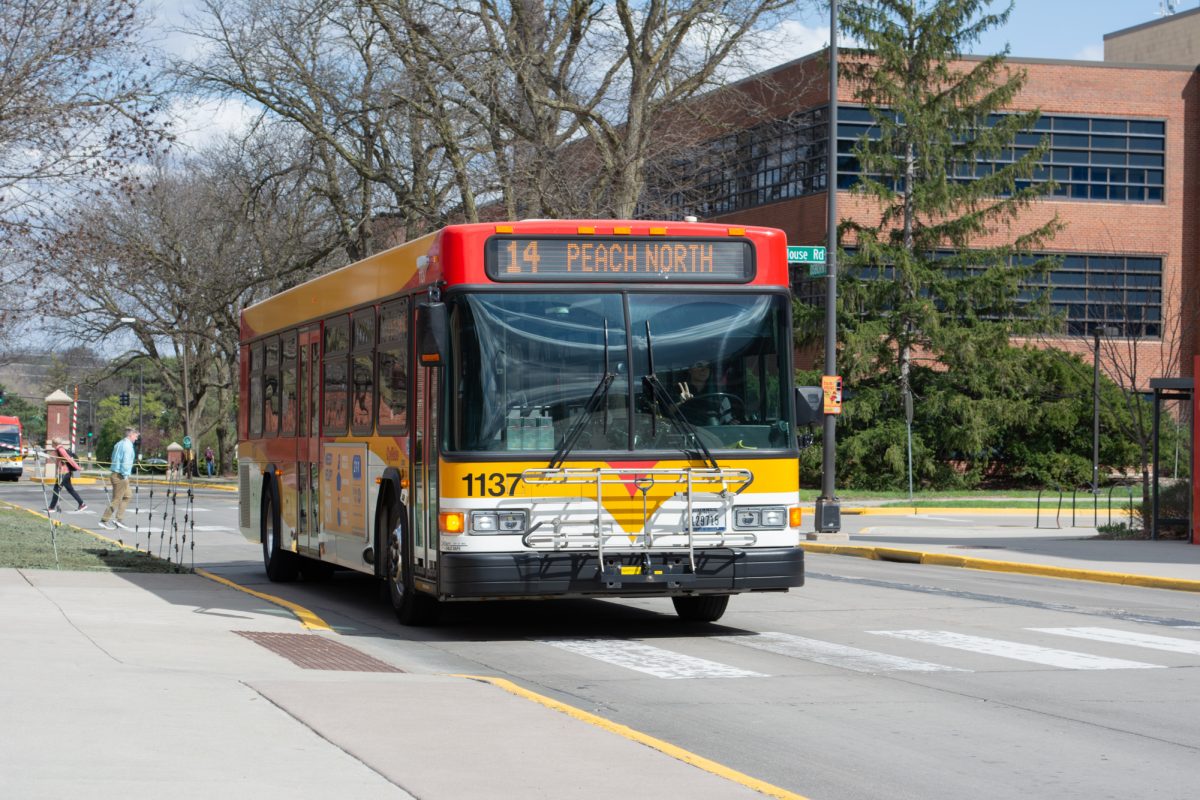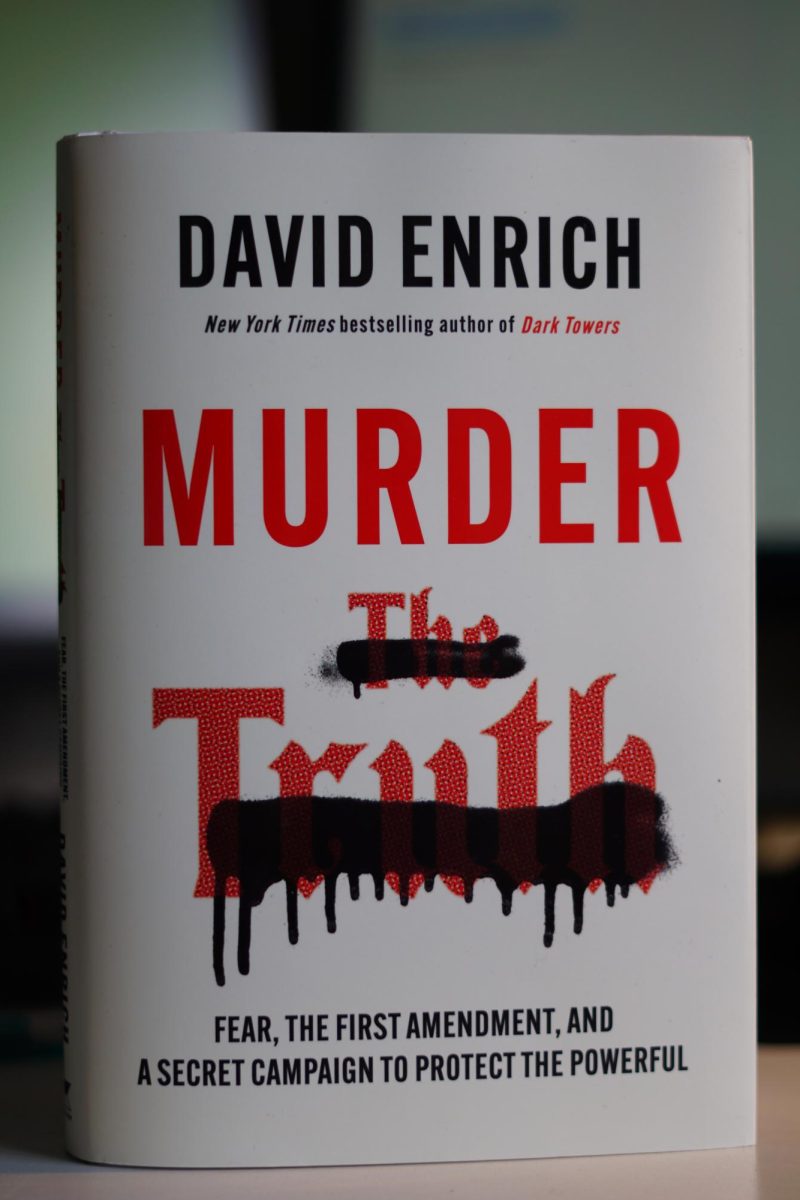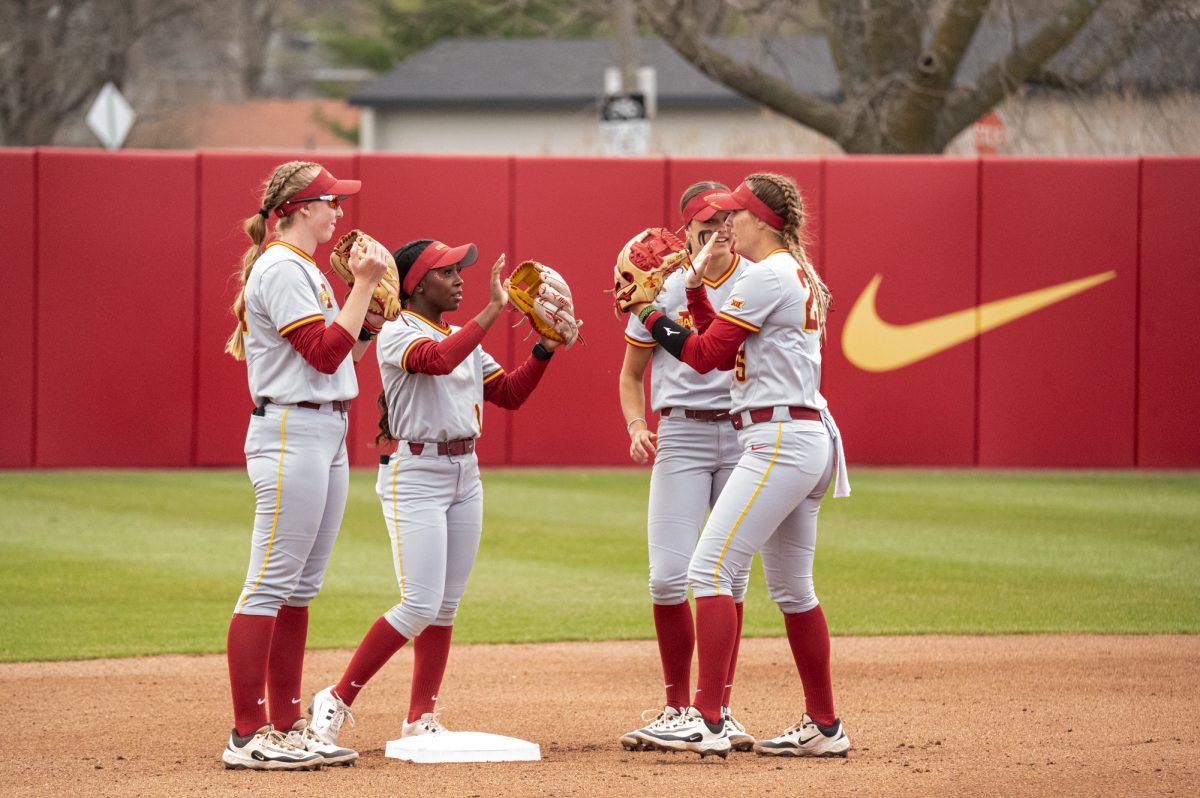LGBT considers adding ‘queer’ to name
March 28, 2005
The word “queer” is thought of as a derogatory term. But recent research suggests that some believe it has a different meaning.
A significant portion of the lesbian, gay, bisexual, transgender and ally community at Iowa State thinks of the word as a descriptive term used to describe the LGBT community as a whole or a segment of the community, according to a recent study by researchers in LGBT Student Services.
The research also examined whether the term should receive more use at Iowa State in program titles or student organization names, as it has at other universities around the nation.
The research is planned to be presented at the American College Professionals Association Conference in Nashville, Tenn., on April 4, the researchers said. The conference is an annual meeting of student affairs professionals.
“With the increase of students coming to college who positively identify with the word ‘queer,’ we think it is important that student affairs professionals identify where students are with the use and perception of the word,” said Ellen Semran, LGBT Student Services coordinator and co-author of the study.
Semran said many universities are using the term in academic programs, and some have begun using it in organization titles.
“It is a very current trend,” she said.
Robyn Johnson, graduate student in educational leadership and policy studies and co-author of the study, said the most common definition of the word among the 63 faculty and students who responded to the survey is as synonymous with the LGBT community. A significant number of respondents also said the term describes people who deviate from the social norms of sexual and gender identity.
“Individuals define the term as being able to express a fluid identity and one that transcends barriers,” she said.
Johnson said 21 percent of respondents had a negative perception of the term, 35 percent had a positive perception, and 44 percent were neutral.
Forty-two percent said they used the term to identify themselves or other members of the community, she said.
Johnson said the research could have practical implications for clubs and programs at Iowa State.
“We were interested in whether using ‘queer’ or not using ‘queer’ was causing students to become involved or not become involved,” she said.
Semran said most respondents to the survey did not approve of the use of the word “queer” as an umbrella term.
More approved of using the word to describe a specific gender identity, she said.
“Quite a few people responded positively to having the ‘Q’ or the word ‘queer’ present in the acronym or program titles,” Semran said.
She said adding a “Q” to the LGBT student services title is not being discussed, although it could potentially be in the future. Although only a small group of students actually identify themselves as queer, Semran said using the word in the LGBT acronym would give them more representation.
Several other universities — including the University of Kansas and the University of Minnesota — use “queer” in the titles of programs or student organizations.
“There are some politics here with individuals who are very adamant about using the word ‘queer,'” Johnson said.
Jen Sanford, LGBTA Alliance president, said the word is often used as slang and is seen negatively by many, although others use it to define themselves.
She said although there are no current plans to add “Q” to the acronym, few would oppose such a decision.
“If any, very few students would be against it; a lot of students would be indifferent,” Sanford said. “For the few students who do identify or use the word ‘queer,’ it could not hurt to not leave them out.”






